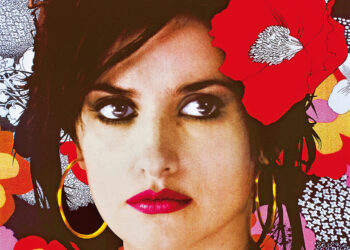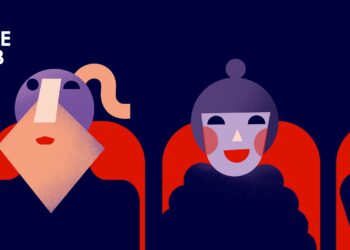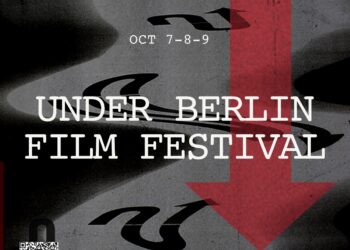The Distinguished Citizen, an underhanded essay that breaks reality and demonstrates that the deep gap dividing Argentinian people was never based on political issues but cultural.
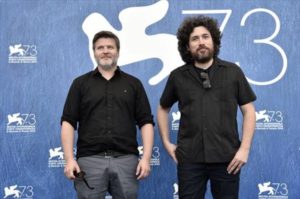
Released on last year and available on Netflix, The Distinguished Citizen tells the story of Daniel Mantovani, a sixty-something-year-old world well-known writer and flamboyant winner of the Nobel Prize in Literature who decides to return to his home-town, Salas, upon an official invitation, after almost 40 years.
The story is occasionally narrated by the author and divided into chapters. Hard to define as a comedy or drama at first, The Distinguished Citizen works entirely with the duality, the clash of two worlds. The most significantly, connecting the movie, is, of course, the writer’s, a refined man who traveled and progressed and the life of his teenage years’ friends who got stuck in their town in impassiveness without change nor connection with the outside world.
Funny at first, the relationship between Mantovani and the town grows grimly as there is no connection possible between them. He, who was on the beginning an attraction, a novelty in their lives, starts to be uncomfortable as it shows them a universe they are not capable of understanding nor enjoy. That is why the town, the antagonist, personifies two important enemies to the author and the world he represents: the town artist, (a snob), and the wealthy man whose bubbled success is compromised with Mantovani’s presence.
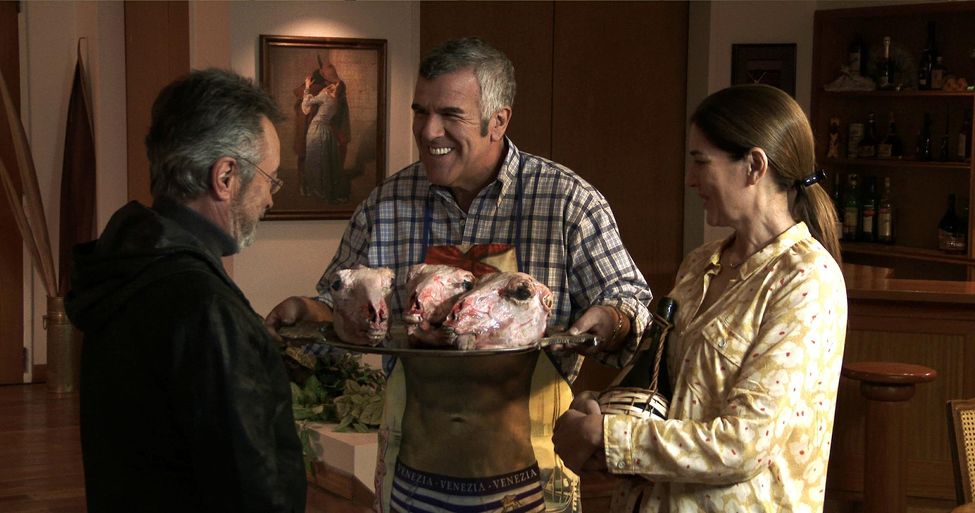
An essay about Argentina.
Is easy to see the Argentinian Gap represented in The Distinguished Citizen. Groups neglecting change over conservatism based on the utopia of that beautiful life entrenched in traditions and the nostalgia of the past where everything was better. This group, represented mostly in the town people, without depicting as all town people like these, thinks solely in dual terms. It is what it is and what is not is not, and there is no middle ground, no space for debate. Mantovani clashes with them when in his last lecture, (where he discuss art, philosophy, and life), gets interrupted by the Snob who loudly and violently denounces him as a corporate and European sell-out by interpreting a passage of one of his books.
One can easily ask this question: What would happen if this town meets another one equal to them? Would they understand each other or would they try to destroy each other? Sadly, I would say is the latter. What happens with the Argentinian Gap that divides its people is exactly this. People with different group identities despise each other only for being “different” but in the same terms. There is no middle ground, no grey areas, no tolerance or chance of conciliation.
Basically, this is called Fascism.

 Club Lado|B|erlin
Club Lado|B|erlin


